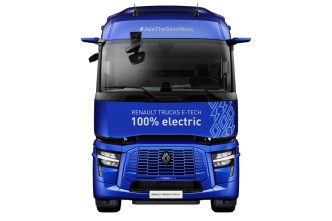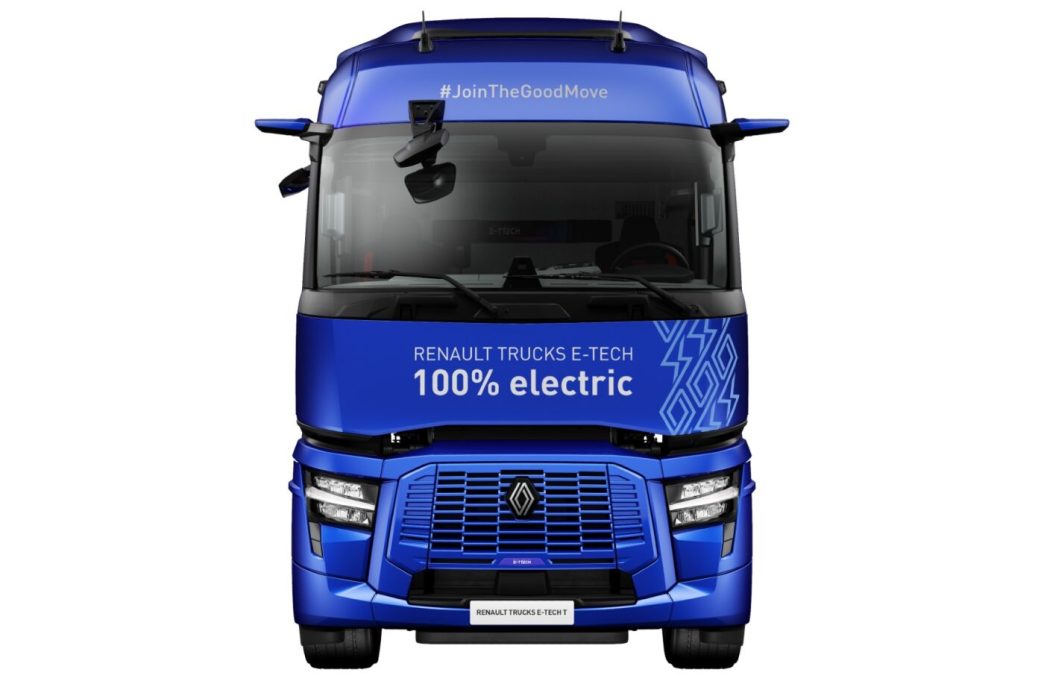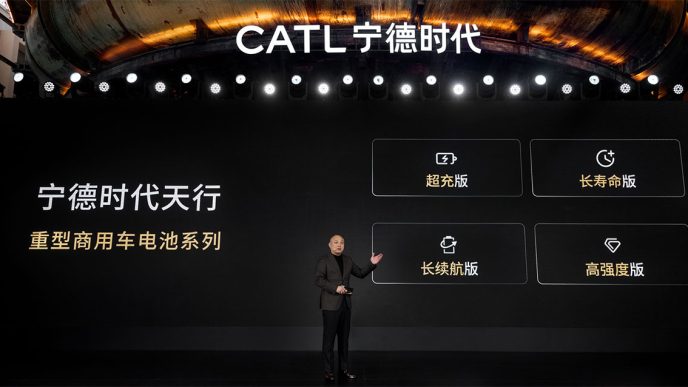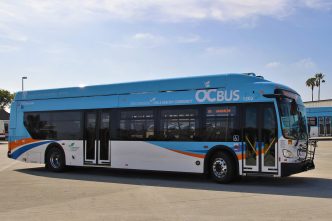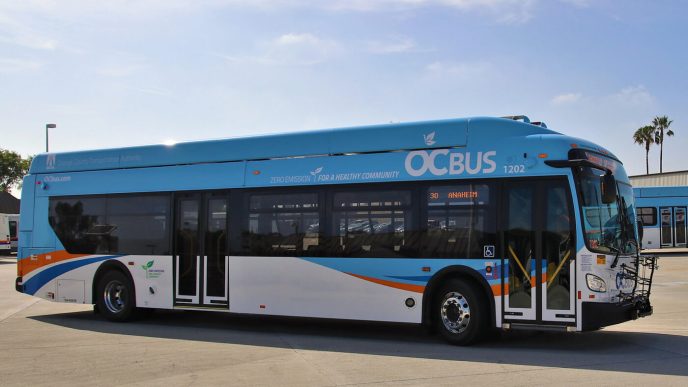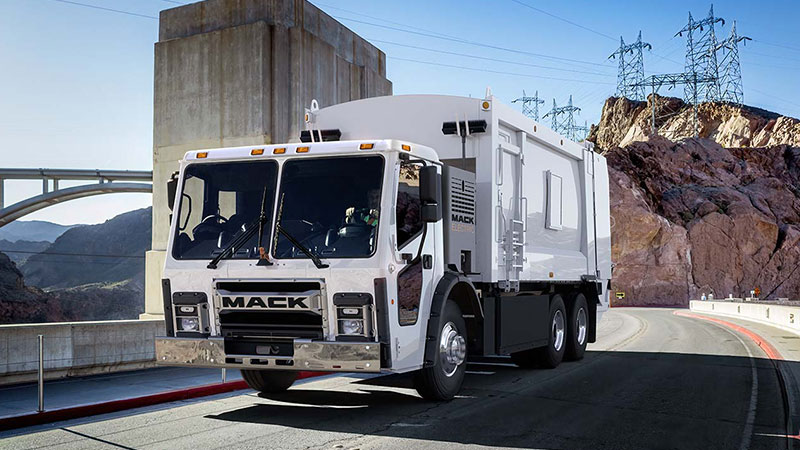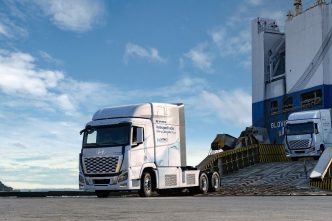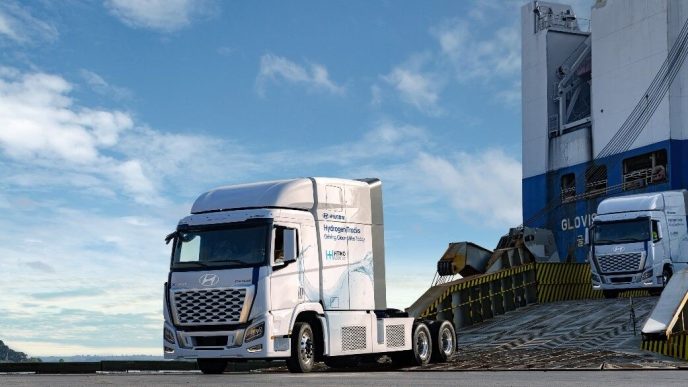Renault Trucks has revealed plans for a new version of its E-Tech T electric truck, offering a range of up to 600 kilometers per charge. The French manufacturer aims to open orders for the vehicle in late 2025, with production set for 2026. This announcement follows a similar move by sister company Volvo Trucks, which plans to launch an electric truck with the same range in 2025.
The new E-Tech T model represents an evolution in Renault’s electric transport ambitions. “The advent of this electric truck will boost the transition to electric mobility,” said Emmanuel Duperray, Senior Vice President of Electromobility at Renault Trucks. “We believe that a range of 600 km on a single charge, combined with the development of public charging infrastructure networks by 2026 – in particular through our joint venture Milence – will enable us to achieve the operational parity [with diesel technology] that our customers expect.”
The enhanced range will be enabled by an advanced e-axle design, integrating the drivetrain, electric motors, and transmission into the rear of the vehicle. This configuration allows for additional battery packs, increasing the energy capacity to an estimated 800 kWh from the current maximum of 540 kWh. The truck will be built at Renault Trucks’ facility in Bourg-en-Bresse, France.
Despite the promise of longer range, Renault Trucks is taking a measured approach. “We’re not looking to enter a race for autonomy on a single charge,” Duperray noted, adding that oversized batteries could negatively affect payload capacity and raise costs. Instead, the company emphasizes customized solutions to meet customer needs and optimize costs.
Renault and Volvo’s electric trucks will face competition from models like the Daimler eActros 600, MAN eTruck, and Iveco S-eWay, all vying for market share in long-haul electric transport. While competitors offer ranges between 400 and 500 kilometers, Renault and Volvo are setting a higher bar at 600 kilometers, though real-world performance will ultimately determine their success.

